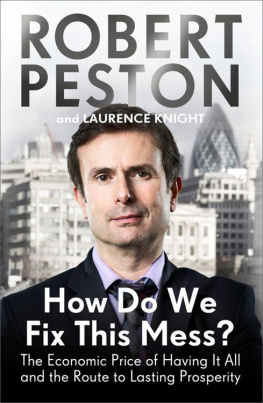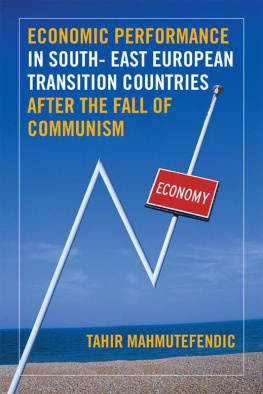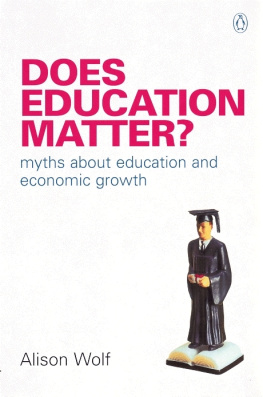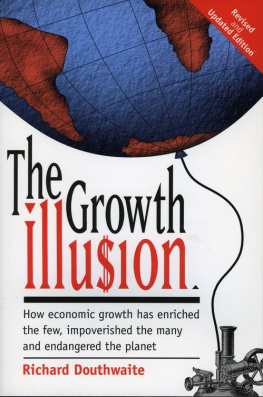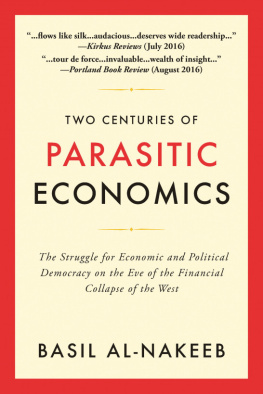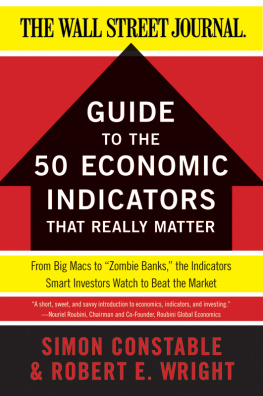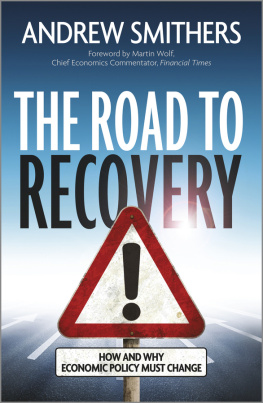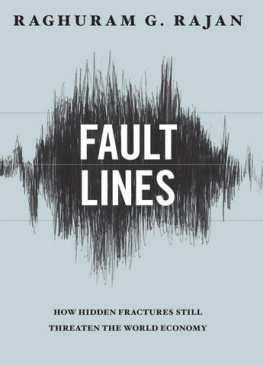Robert Peston is the BBC's Business Editor. Prior to joining the BBC, he was Political Editor and Financial Editor of the Financial Times , City Editor of the Sunday Telegraph and a columnist for the New Statesman and Sunday Times (inter alia). He has won numerous awards for his journalism, including Journalist of the Year and Scoop of the Year (twice) from the Royal Television Society, Performer of the Year from the Broadcasting Press Guild, Broadcaster of the Year and Journalist of the Year from the Wincott Foundation and Business Journalist of the Year from the London Press Club. Peston has published two critically acclaimed books, WHO RUNS BRITAIN?, his best-selling account of who is to blame for the economic and financial crisis of 2007-9, and BROWN'S BRITAIN, a biography of Gordon Brown and analysis of the New Labour government. His prizewinning blog, which has more than 800,000 readers, can be found at www.bbc.co.uk/robertpeston. He is the founder of Speakers for Schools (www.speakers4schools.org), a pro bono educational service which organises free talks from inspirational speakers for students at state schools. He is a trustee of the Education and Employers Taskforce. He is married to the writer Sin Busby.
You can follow Robert on twitter at
www.Twitter.com/Peston
Also by Robert Peston
Browns Britain
Who Runs Britain?
How Do We Fix This Mess?
The Economic Price of Having it all, and the Route to Lasting Prosperity
Robert Peston

www.hodder.co.uk
First published in Great Britain in 2012 by Hodder & Stoughton
An Hachette UK company
Copyright Robert Peston 2012
The right of Robert Peston to be identified as the Author of the Work has been asserted by him in accordance with the Copyright, Designs and Patents Act 1988.
All rights reserved. No part of this publication may be reproduced, stored in a retrieval system, or transmitted, in any form or by any means without the prior written permission of the publisher, nor be otherwise circulated in any form of binding or cover other than that in which it is published and without a similar condition being imposed on the subsequent purchaser.
A CIP catalogue record for this title is available from the British Library
ISBN 978 1 444 75711 8
Hodder & Stoughton Ltd
338 Euston Road
London NW1 3BH
www.hodder.co.uk
To Max, Simon and Sin,
without whom nothing would be possible
Contents
Introduction
I Sat Just Behind the Driving Seat as We Headed for the Swamp
How do we fix this mess? I dont know. But dont stop reading now. Perhaps if we have a clearer understanding of what went wrong, well have a better idea of what needs to be done. This book is a map, of sorts. It tries to explain how years of steady and rising prosperity became a dangerous boom, and how that boom became the worst bust we have experienced since at least the 1930s. Sometimes we will fly to 40,000 feet so that we can make out the shape of the bigger fault lines in the global economy. And on other occasions we will be right in the middle of the jungle, observing how bankers, regulators, politicians and, oh yes, most of us were by turns greedy, gullible, lazy and short-sighted, and how we wilfully refused to see how our improving living standards were not being earned in a sustainable way.
You may fear the narrative will be gloomy. But I hope you will be proved wrong, because our plight is far from hopeless. You may become furious with those you trusted to prevent our big banks from taking reckless risks, and with yourself, for your own collusion in the mother of all borrowing binges. The basic story is a simple one. For years, maybe as many as thirty years, we in most of the rich West failed to respond properly to the challenge of globalisation, to the increasing competition from the emerging economies of China, India and Brazil, among others. We did not work harder and smarter. Instead we borrowed from the likes of China, even though Chinese people are still much poorer than us to finance the lifestyles we thought we deserved. And now, as a nation, as a group of nations, we have to pay back much of the debt, which inevitably makes us feel poorer, and will continue to do so for years to come.
Quite how we became so indebted is not such a simple tale. It involves a series of crackpot ideas that were held as almost divine truths by those we mistakenly trusted to run the global economy. It was taken on trust that:
1) A world in which some countries were permanently borrowing and others were always generating surpluses would naturally return to equilibrium and balance without a crisis;
2) It was at best pointless or at worst damaging to economic prosperity for regulators or governments to intervene in markets to prevent fast rises in lending (to households, or businesses, or banks) or sharp increases in asset prices (such as house prices);
3) Bankers would follow the spirit of highly complicated global rules designed in a staid, provincial Swiss town in order to strengthen their respective banks, rather than ruthlessly manipulating these rules to hide the risks they were taking;
4) New financial products, which almost no one understood, must be making the global economy safer rather than threatening to blow it up;
5) Allowing the highly remunerated salesmen and traders of investments banks and the managers of retail banks to live and work together in giant conglomerates would not create a dangerous, bonus-obsessed gambling culture in banks that are essential to our financial wellbeing.
That said, if you are looking for a slick manifesto of sure-fire reforms that will put us back on the path to unimaginable riches, then you should probably stop reading now. It is not in my nature to be quite so prescriptive and didactic. Sorry. What I am going to give you, I hope, is an analysis of the flaws in the running of the worldwide financial system and the global economy, which may suggest to you the sort of mending that needs to be done. The clean-up will take years. And there is no quick fix, so you need to brace yourself for perhaps a decade of economic stagnation. As it happens, I dont think that is reason to weep. We are a very rich country. And we can be a perfectly happy country if we learn how to make the most of what we have got rather than obsessing about how to have more and more.
This epic has the alternative title Globalisation gone Wonky. Its stars accident-prone, benighted antiheroes in many cases include the bankers, the central bankers, the financial regulators, the finance ministers and the Chinese (all 1.3bn of them). There is a main plot of Britain, America and much of the rich West living beyond its means till the credit-worthiness of their economies was undermined. And then there is a subplot, of much of the eurozone living beyond its means till the credit-worthiness of many of its economies was undermined. Perhaps that sounds repetitive, but I dont think it will be. Because although the plight of Greece and Spain and the other weaker eurozone economies has much in common with the plight of the UK and the US banks that lent far too much and hid the risks they were taking; property prices that spiralled out of control; governments that failed to spot when tax revenues would be ephemeral because they stemmed from a bubble it is the crisis in the eurozone that has the potential to wreak maximum havoc.
The journey of the past twenty years and the next ten, through changing terrain, is simply hair-raising. We have allowed others, our governments and the so-called authorities, to take us from boom to bust. So perhaps it is time for us to stop being passengers and become drivers or at least to try to influence the drivers. But to determine the direction of travel requires a more detailed understanding of how we arrived here, in this place that few of us like. My claim to be your cartographer is simply that, for more than six years at the BBC and over twenty years before that on national newspapers, I have had the privilege of sitting close to the driving seat, where I provided live commentary on where we were heading. And I confess, during much of the journey, I had little idea we had taken such a wrong turning. That said, at the moment that we were heading straight for the swamp, I succeeded in spotting the looming disaster and shouted out a warning: I was largely ignored and was even asked to shut up. Now I have written this book, partly to help myself understand how and why I failed to identify the scale of the looming calamity till we were careering down the mountain with lousy brakes and an unresponsive steering wheel.
Next page
